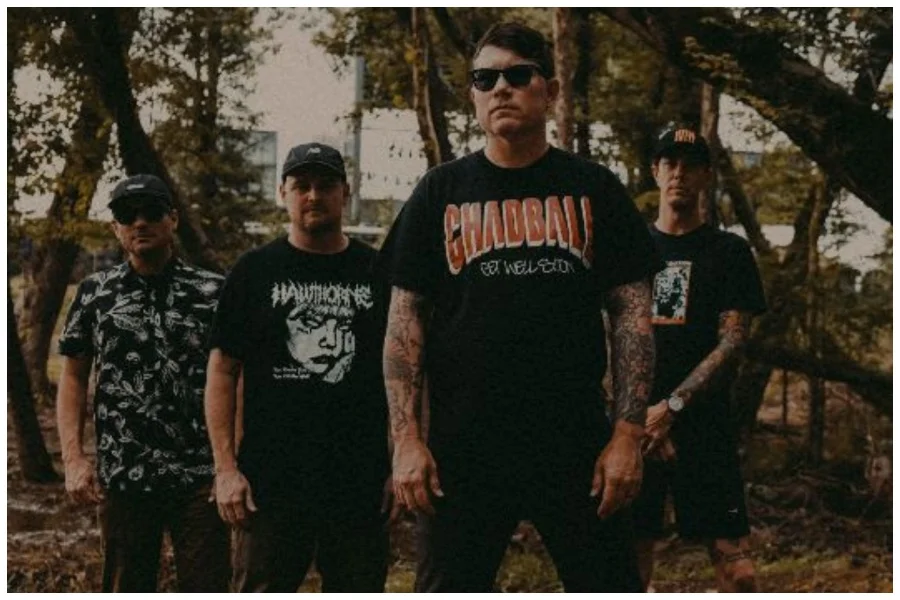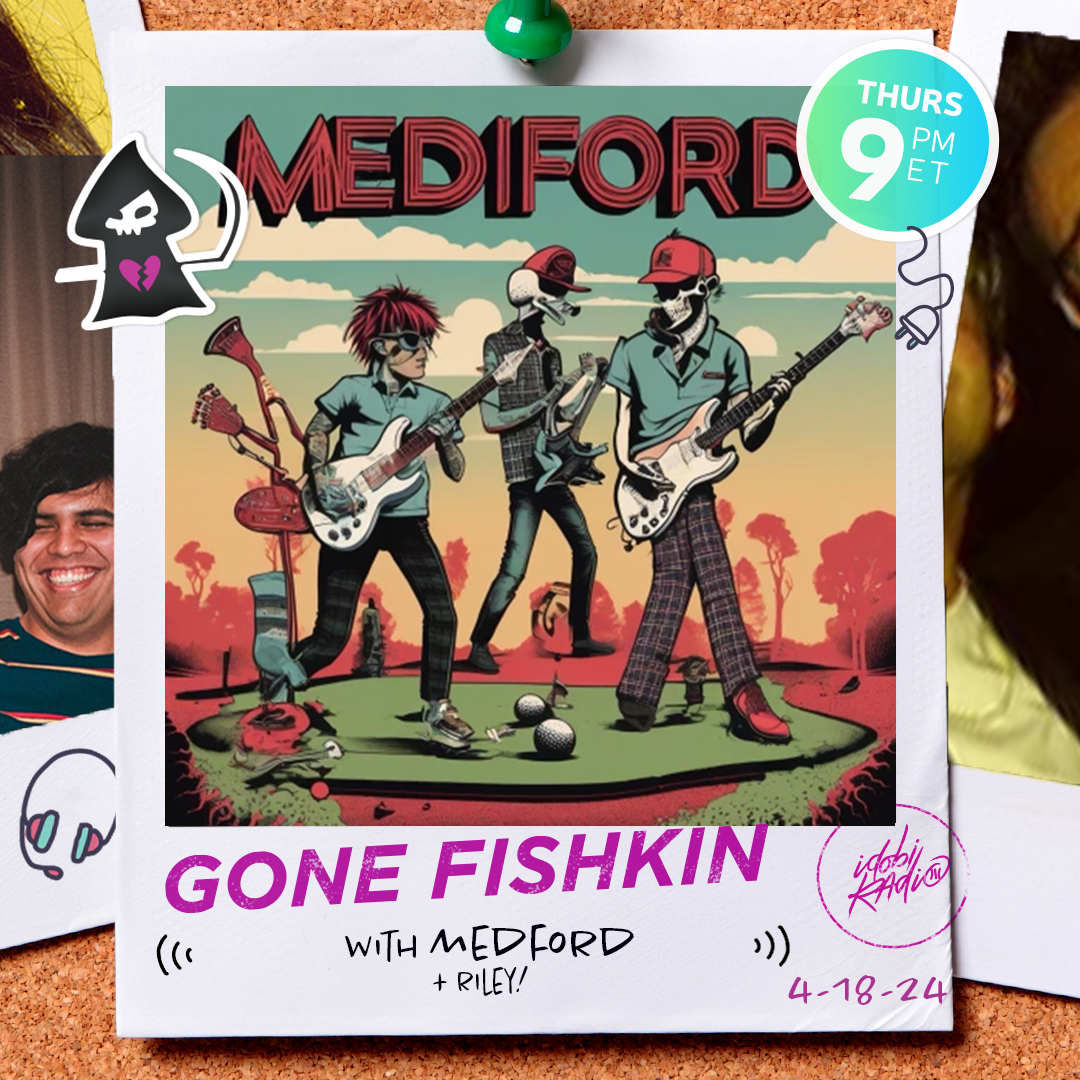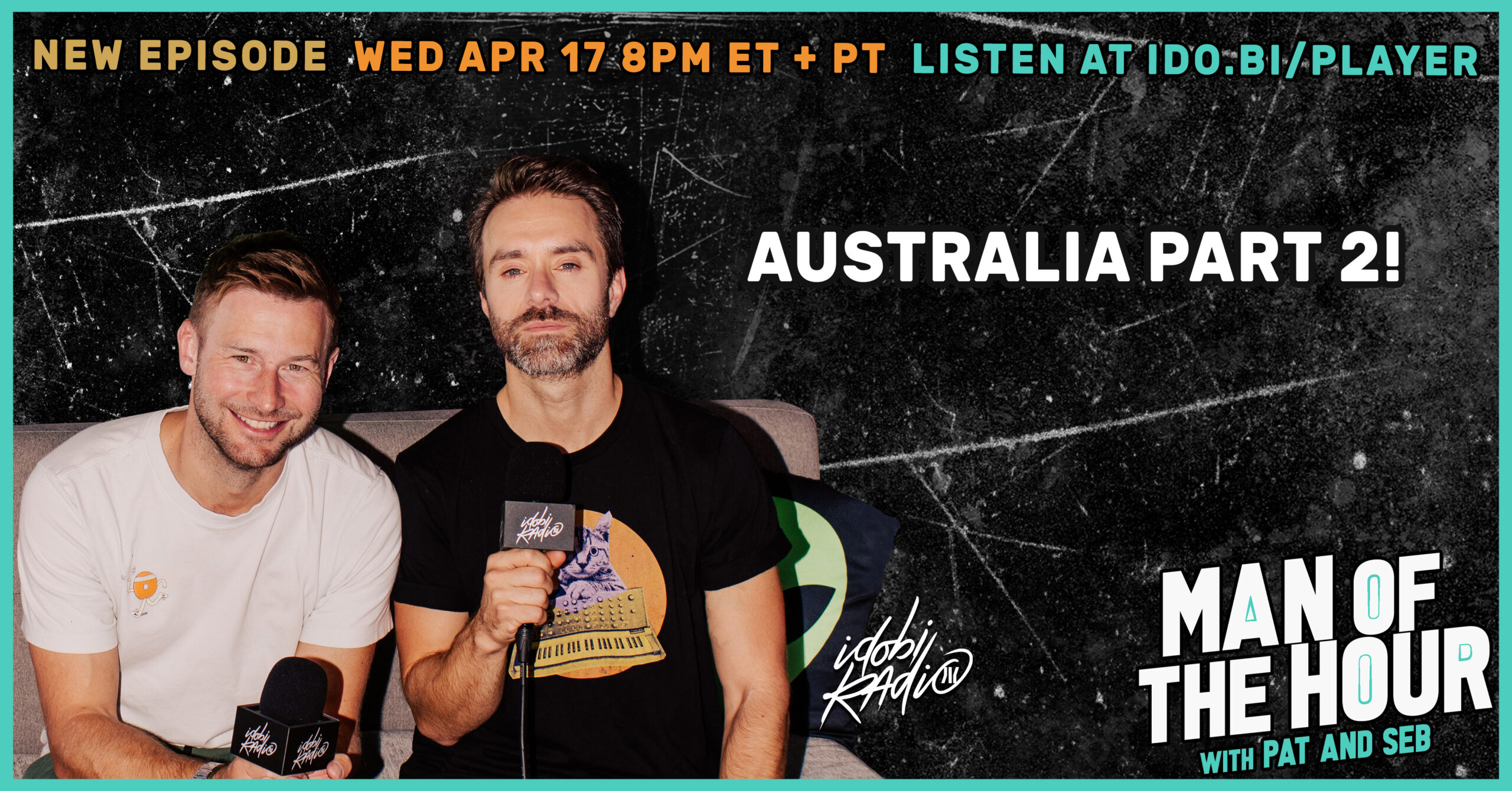The days of the compact disc could be drawing to a close as an increasing number of music fans, especially technologically savvy youngsters, turn to the Internet for free downloadable music.
At a panel of the South by Southwest Music Conference in Austin on Thursday, music industry executives talked about how they plan to stay afloat in the digital world of downloadable music and CD burning.
“Unless you’re in a coma, it’s clear that the current business model of selling shiny discs at $17.99 isn’t going to sustain anybody any longer,” said David Adelson, executive editor Hits Magazine and the panel’s moderator.
CD sales fell 9 percent in 2002, according to music sales index Nielsen SoundScan. The steady decline affects the entire industry, from the major labels, such as Sony and Universal, to retail stores and burgeoning musicians.
“I’m looking for a solid business model for myself so I can make a career being an artist,” said Sage Keffer, a country musician who has been working four years in Nashville without a record contract.
“One of my main concerns is that somebody in college can go and buy a CD, and burn it for 50 friends in the dorm,” he said. “It’s so easy, and it’s not expensive.”
Thursday’s discussion indicated that the entire industry is on the brink of change. The panelists discussed an array of possible outcomes.
Consider walking into a record store that houses an unlimited library of digital music and paying to download individual tracks onto your hand-held MP3 player. Or imagine attending a concert and paying a few extra dollars to take home a professionally produced CD recording of the show.
“Ultimately, music is an emotional connection that people make,” said Jay Boberg, the former president of MCA Records. “It may be that the selling of music, given the evolution of technology, may become a lesser and lesser part of the revenue stream that’s generated for the bands.”
He said that the Internet has increased the public’s exposure to music, but much of that exposure has been free. Now the industry entrepreneurs and artists must find ways to turn a profit.
“It’s a quantum shift that’s going on,” Boberg said. “The fact is that more people are participating in music now than ever before, which is a very good thing.
“It’s up to entrepreneurs to come with a model that can actually make this business model work while potentially getting less revenue from the sale of music.”
Boberg said that some bands have done well without making most of their money from CD sales. Using as an example the band New Found Glory, a Florida punk band, he explained a scenario in which bands build brand recognition, like any other product, and then profit at each show from merchandise sales.
Adelson said the music business has the potential to monitor file sharing on the Internet with existing technology. He described a system that would require Internet service providers to pay licensing fees to the copyright-holders of downloaded music. Those fees would then be passed on to the consumer’s monthly bill.
“Everyone wins: the small guy, the big guy,” he said. “What that’s going to take is an act of Congress, and I think I’ll be dead before there’s an act of Congress that suggests that Internet service providers pay a license fee.”
For Keffer, the industry’s struggle to find a solution will have a real effect on his career.
“I’m looking for a solution,” he said. “Otherwise, without a revenue to make a living, (music) is not a viable career.”





























